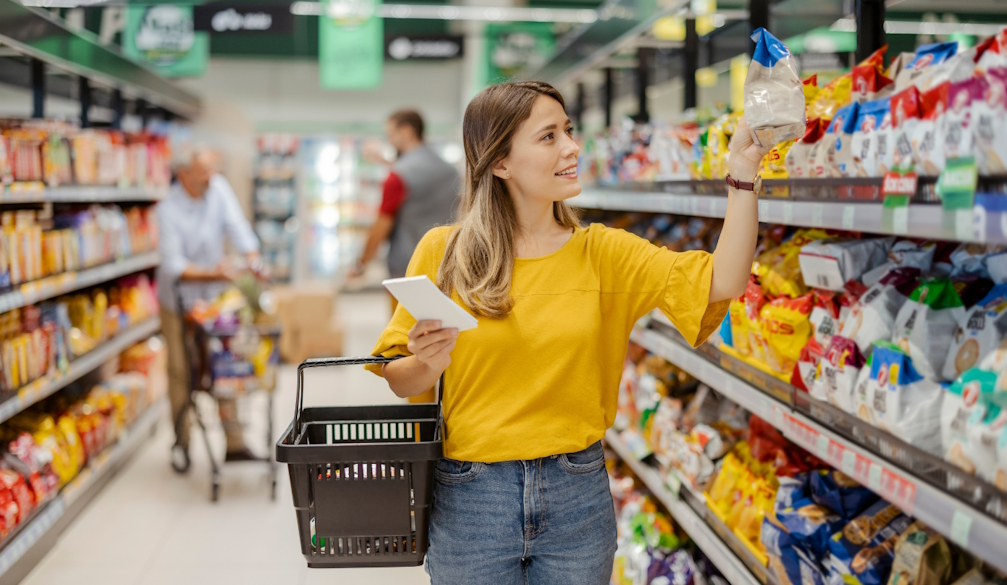Australians still feeling pain in the hip-pocket but there are positive signs of growth ahead
- Written by Stephen Bartos, Professor of Economics, University of Canberra

Australia’s economic growth remains in the slow lane, at only 0.3% for the September quarter, keeping Australia close to recession territory.
However, the national accounts data[1] released on Wednesday by the Australian Bureau of Statistics (ABS) puts growth slightly higher than the snailish[2] 0.2% recorded the previous quarter.
Although growth is painfully slow, this could well be seen by next year as the turning point when the trend started to move into positive territory.
Slowest growth in 4 years
The annual rate of growth, 0.8% since September 2023, is the slowest since 2020.
Most of it was driven by public-sector spending and investment. The main government spending was for energy rebates, plus social benefits including the National Disability Insurance Scheme and aged care. Public investment included roads, hospitals and imports of defence equipment.
Gross domestic product (GDP) per head of population continues to fall, for the seventh consecutive quarter. Were it not for immigration, Australia’s growth would be going backwards – what many commentators call a per capita recession[3].
Cost of living still hurting
This means that average Australians’ standard of living, as measured by GDP, continues to decline. Not that GDP is the only thing that matters. GDP is limited – it only measures the dollar value of goods and services produced in Australia.
Thirty-six years ago, feminist economist Marilyn Waring[4] wrote If Women Counted[5], pointing out that GDP did not measure the value of unpaid work (mostly by women) and nature.
That said, most people would prefer economic growth in their pockets, rather than living standards going backwards. It is why cost-of-living pressures – despite inflation falling – continue to bite. The government will be desperately hoping this statistic turns around before the election.
There is some good news for households in the ABS release. Disposable income rose, due to wages growth and income tax cuts. So households were able to save more, with the saving ratio growing from 2.4% to 3.5%. That is, more Australian families can set money aside for the future. It’s not yet at pre-COVID levels but heading in the right direction.
Productivity drops
Australia’s productivity, as measured by GDP per hour worked, declined by 0.8% over the year to September 2024. This is a worry. The most effective way to lift living standards over the longer term is to improve productivity.
Neither government nor academic economists agree on why our productivity has dropped, and solutions remain elusive. Some of them involve increasing investment in skills and training, and more effective use of capital resources.
On that latter element, there may be relief down the track. The good news is that business investment in machinery, equipment and software remained high. In comments[6] released with Wednesday’s figures, the ABS said:
the last time we saw sustained levels of investment this high was during the mining construction boom between 2012 and 2014.
Other things being equal, more business investment in capital should give rise to higher productivity.
Australia’s slow GDP growth largely reflects high interest rates. By keeping interest rates high, the Reserve Bank of Australia makes it more expensive for businesses to borrow money to hire new staff or buy new equipment.
This puts the brakes on business growth, pulls the economy downwards, and helps control inflation. That is what the Reserve Bank is aiming for. Inflation has indeed fallen, to its lowest rate since the March quarter in 2021.
In that sense the low growth number for September may be good news for borrowers. The RBA won’t be as fearful of cutting interest rates and overheating the economy - there is little chance of that.
References
- ^ national accounts data (www.abs.gov.au)
- ^ snailish (theconversation.com)
- ^ per capita recession (www.news.com.au)
- ^ Marilyn Waring (www.marilynwaring.com)
- ^ If Women Counted (www.marilynwaring.com)
- ^ comments (www.abs.gov.au)

















